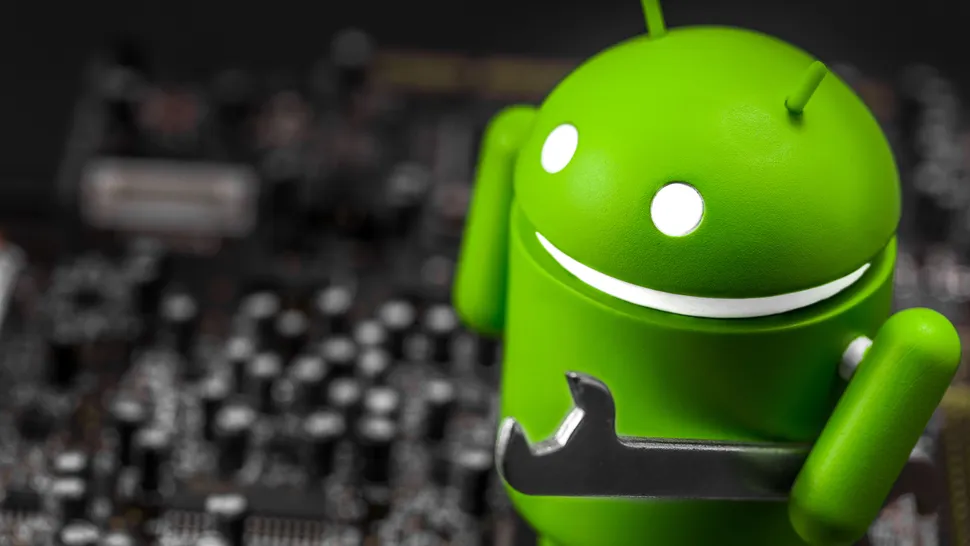Android 12 is Google's Android operating system update for 2021, expanding on Android 11 for 2020, which some smartphones already don't have. By the end of 2021, we expect Android 12 to be fully released and roll out from then on, but a beta is likely to come before that, and the beta developers are already out, as we have said.
We have now heard a great lot about Android 12, including new features that it could carry and design enhancements from previous Android build, but there is still a final release date and specifics of compatibility in the air.
We've mentioned all the rumored features of Android 12 below to get you to browse, and as more comes out, we're going to update this post.
Then, farther down, from Android 12, you can find a wish list of the main items we want. And make sure to check back often, as we're going to update this article whenever we hear anything new about the upcoming software.
Android 12 release date
Google released the first developer beta on February 18, 2021
According to Google's timeline, the first public beta will be rollout in May 2021
The official Android 12 stable release will happen in August 2021
This 2021, Google aims for a public beta launch in May, according to its own timeline.
Here's the full rollout schedule for Android 12:
Android 12 beta new features
The following are some of the most significant changes in Android 12:
1. Compatible media transcoding
Automatic media transcoding to higher quality formats will be enabled by Android 12. It can automatically transcode the video file into the more popular Advanced Video Coding (AVC) format for apps that do not support the High-Efficiency Video Coding (HEVC) codec that many modern camera apps use.
2. AVIF image support
Android 12 introduces support for AV1 Image File Format (AVIF), a new image file format. AVIF offers high image quality yet with more efficient image compression than the popular JPEG, shows no quality loss when both compressed with the same file size.
3. Audio effect coupled with haptic
Apps will provide an audio effect coupled with haptic feedback through the phone's vibrator, which will bring a more immersive game and audio experience. Vibration strength and frequency are based on an audio session so that developers can simulate rough terrain in a racing game or identify callers through the haptic-enhanced ringtones, for example.
4. Notification UI updates
Android 12 will revamp the notification design to make them more stylish. The Developer Preview includes updates to the transitions and animations across the system to make them smoother and some tweaks to the controls and templates.
5. Double tap on the back panel
Android 11 beta builds had previously introduced the double tap gesture on the back of the phone, especially on Pixel smartphones for launching Google Assistant. Google scrapped this feature due to users' reports of accidental taps. Reports say that Android 12 will return this feature but with refinements (adjust its sensitivity and an option to turn it off) to minimize annoying accidental app launches.
6. App Pairs
Android 12's App Pairs feature will allow users to launch two apps at the same time on split-screen format. This feature is handy for those who multitask heavily on their smartphones, like browsing social media while watching videos on streaming app. It is also extremely beneficial for users when looking for establishments; launching Google Maps and Google Search simultaneously will speed up the searching.
7. Rich content insertion
With Android 12, it'll be easier to copy content like rich content from one app to another due to a new unified API that accepts from any source, including clipboard, drag and drop, keyboard, and more.
8. Easy WiFi password sharing
Say goodbye to orally dictating your WiFi password to your visitors at home or typing it yourself on their smartphones. Android 12 will now allow you to share WiFi passwords using the generated QR code, which will be integrated via the Nearby Share feature.
9. Immersive mode improvements for gesture navigation
Google has streamlined the immersive mode (full-screen experience) to make it simpler and more reliable to handle gestures. The instance given is when you watch a video, read a book, or play a game. In full-screen experiences, it still protects apps from unintended gestures, but in all other full-screen or immersive experiences, the company updates the default to allow users to access their phone with one swipe.
10. Auto-rotate screen according to face orientation
Android 12 will be able to detect when you're lying down on a bed or crouch based on your face's orientation. If it recognizes that both you and the phone are horizontal, the auto rotation will be disabled accordingly. That would mean that there would be no more strange angles trying to keep your screen upright or disabling auto-rotate immediately. This feature will initially be available to Pixel phones.
What can you say about these Android 12 updates? You can leave a comment below.

